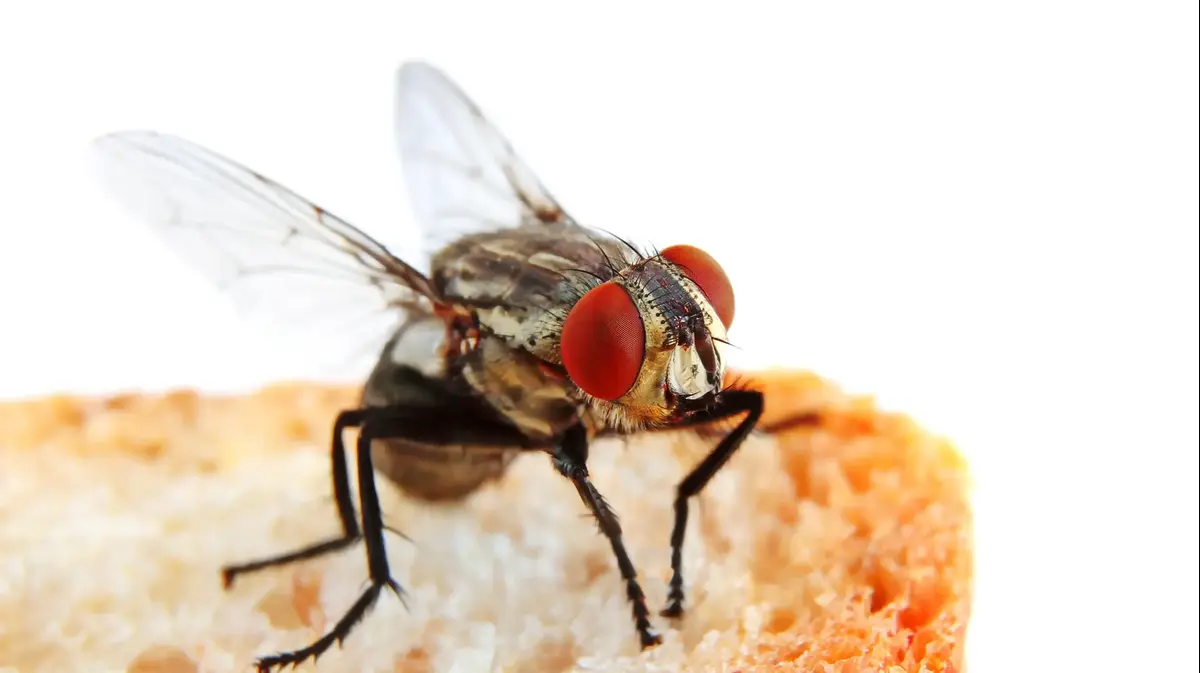How do you "make onions" at McDonald's? (Tiktok)
You sit on the couch after a long day, turn on the TV and then watch commercials with people chewing burgers, pizzas and other corrupt delicacies. How does that make you feel? Well, the natural tendency is to think that it makes us hungrier and will probably make us snack more. We have to admit that we hold that belief too, but an intriguing study published in the Journal of Public Policy & Marketing claims the exact opposite and we should dwell on it.
The study's findings show that watching commercials featuring people eating junk food can make viewers who are already on a diet eat less, or at the very least, want to eat less. The study is based on a series of experiments that led to the conclusion that, while counterintuitive, also has an interesting psychological explanation.
Feeling like the real deal?
Recent research shows that when we imagine ourselves performing certain actions, it triggers the activation of neural mechanisms in the brain, which are very similar to those that work when we actually do those actions. For example, if you haven't lived in a cave all your life and at some point in your life you've eaten a burger, your brain remembers how it feels and affects you. Then, when you watch someone eat a hamburger on the screen, the brain knows how to recreate that feeling, even if we know it's not the "real thing."
In contrast, in another study conducted on the same phenomenon, it was discovered that the mere exposure to a hammer that hits another person's hand activates a nerve mechanism in the brain related to pain and makes us feel pain ourselves. This conclusion probably doesn't surprise you, and it has also contributed greatly to the horror film industry (and other, more questionable industries). So, as mentioned, in recent years they have been able to prove that this effect also exists in the context of food consumption and ironically, it can help us as humanity improve public health.
Charlotte McKinney eating a hamburger (Photo: Giphy)
How do you use this knowledge to do good?
Today, most of the announcements of health authorities in Israel and around the world, when talking about a healthy diet, tend to show, of course, healthy foods that should be added to the menu. On the other hand, the researchers who published the study we told you about call for doing exactly the opposite – showing people who eat unhealthy foods in these ads – and the harmful effects of these foods on health.
The same logic has been applied for years in the marketing of cigarettes, which include verbal warnings in Israel about the dangers of use and, in other places around the world, hard-to-view images of diseases that may be caused by smoking. On a personal level, this insight can simply be used to feel fuller, when we know we feel like snacking but aren't really hungry. For example, in an older study, from 2010, scientists asked people to imagine eating between 3 and 30 M&Ms. They then handed them a bowl of M&Ms and invited them to eat.
People who imagined themselves eating thirty chocolates ended up eating less in practice and those who imagined eating only three ate much more. Subsequently, this theory was studied more extensively, in a study involving 132 students. Half watched an M&M commercial with people eating their favorite candy, while the rest watched an ad with animated characters that didn't include the real candy. After that, everyone was given a bowl of M&M and instructed to eat as they pleased. And yes, here too, those who were exposed to people who ate the candies actually snacked less of them.
The same phenomenon was identified in the study with an advertisement for a hamburger and again with chocolate-covered cookies. So yes, in order to lose weight or maintain a healthy weight, it's not enough to have a stock of videos with people snacking, but strangely enough, it can actually help in specific moments when you're having more difficulties. And another bonus tip for advanced users - if you really want to test this theory, try to find particularly nasty videos related to junk food, ones that will not only "work on the brain" you eat yourself, but will also create emotions in you that, over time, may make you less fond of these corrupt and addictive foods.
- health
- nutrition and diet
- Preventive nutrition
Tags
- Junk food
- hamburger















